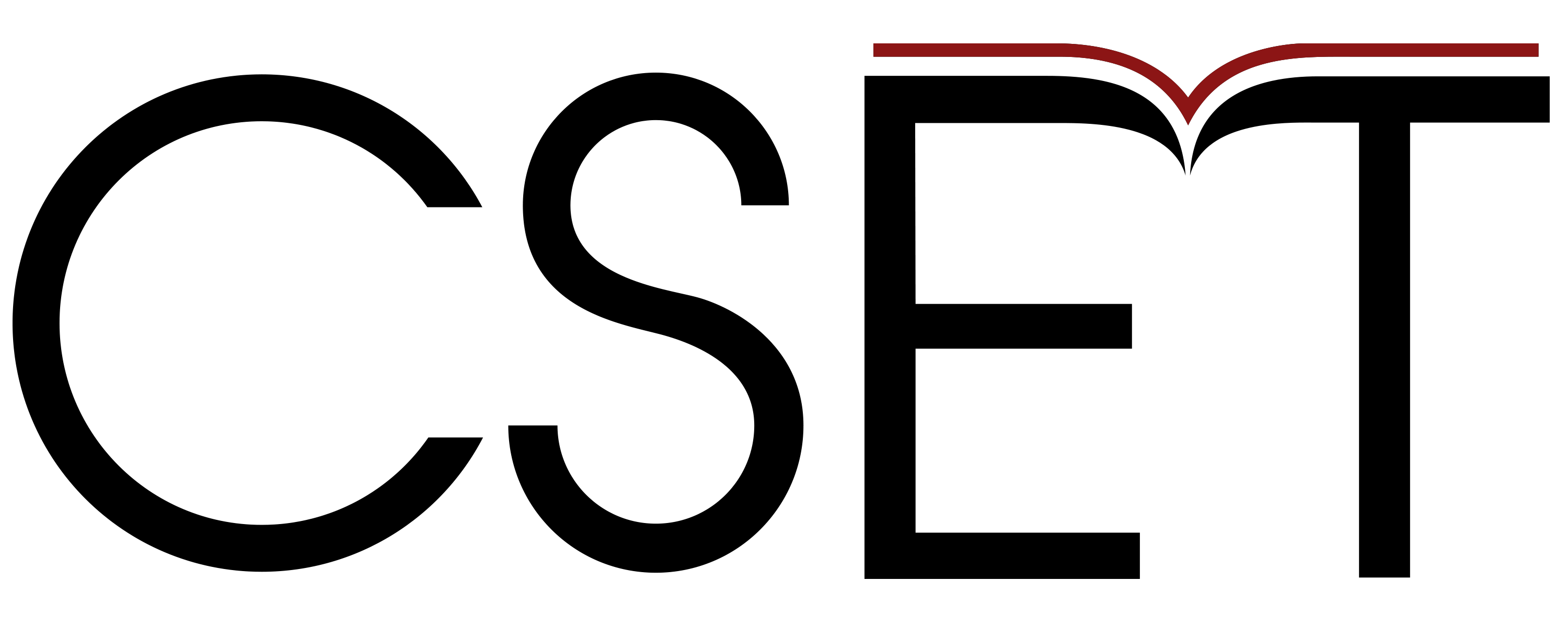2005
Wolf, S. A., Borko, H., Elliot, R., & McIver, M. C. (2005). “That dog won’t hunt!”: Exemplary school change efforts within the Kentucky reform. In G. Ponder & D. Strahan (Eds.), Deep change: Cases and commentary on reform in high stakes states (pp. 153-200). Greenwich, CT: Information Age Publications.
Strong, M., Achinstein, B., & Fletcher, S. (2005). Beginning teacher research study: A report to the Payne Family Foundation. Unpublished manuscript.
Achinstein, B., & Athanases, S. (2005). Focusing new teachers on diversity and equity: Toward a knowledge base for mentors. Teaching and Teacher Education, 21(7) 843-862.
2004
Achinstein, B., & Barrett, A. (2004). (Re)Framing classroom contexts: How new teachers and mentors view diverse learners and challenges of practice. Teachers College Record, 106(4), 716-746.
Achinstein, B., & Villar, A. (2004). Mentoring relationships and new teacher learning: Collaboration and complexity. Journal of Educational Change, 5(4), 311-344.
Achinstein, B., Ogawa, R., & Speigelman, A. (2004). Are we creating separate and unequal tracks of teachers? The impact of state policy, local conditions, and teacher background on new teacher socialization. American Educational Research Journal, 41(3), 557-603.
Bartholomew, H., Osborne, J. F., & Ratcliffe, M. (2004). Teaching students ‘ideas-about-science’: Five dimensions of effective practice. Science Education, 88(6), 655-682.
Borko, H. (2004). Professional development and teacher learning: Mapping the terrain. Educational Researcher, 33, 3-15.
Erduran, S., Osborne, J. F., & Simon, S. (2004). Tapping into argumentation: Developments in the application of Toulmin’s argument pattern for studying science discourse. Science Education, 8(6), 915-933.
Grossman, P., & Thompson, C. (2004). District policy and beginning teachers: A lens on teacher learning. Educational Evaluation and Policy Analysis, 26(4), 281-301.
Erduran, S., & Osborne, J. (2004). Developing arguments. In Alsop, S., Bencze, L., & Pedretti, E. (Eds.), Analysing exemplary science teaching: Theoretical lenses and a spectrum of possibilities for practice (pp. 106-115). Maidenhead, England: Open University Press.
Osborne, J. F., Erduran, S., & Simon, S. (2004). Enhancing the quality of argument in school science. Journal of Research in Science Teaching, 41(10), 994-1020.
Peressini, D., Borko, H., Romagnano, L., Knuth, E., & Willis, C. (2004). A conceptual framework for learning to teach secondary mathematics: A situative perspective. Educational Studies in Mathematics, 56, 67-96.
Yore, L., Hand, B. M., Goldman, S. R., Hildebrand, G., Osborne, J. F., Treagust, D. F., et al. (2004). New directions in language and science education research. Reading Research Quarterly, 39(3), 347-352.
2003
Grossman, P. L. (2003). Teaching: From “A Nation at Risk” to a profession at risk? In D. T. Gordon (Ed.), A nation reformed? American education 20 years after “A Nation at Risk.” Cambridge, MA: Harvard Education Press.
